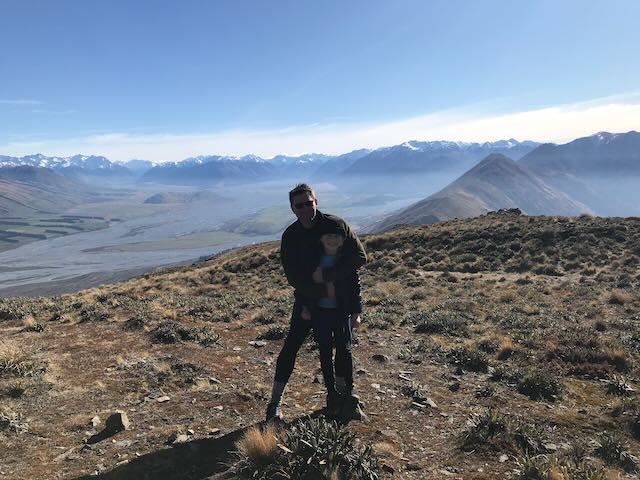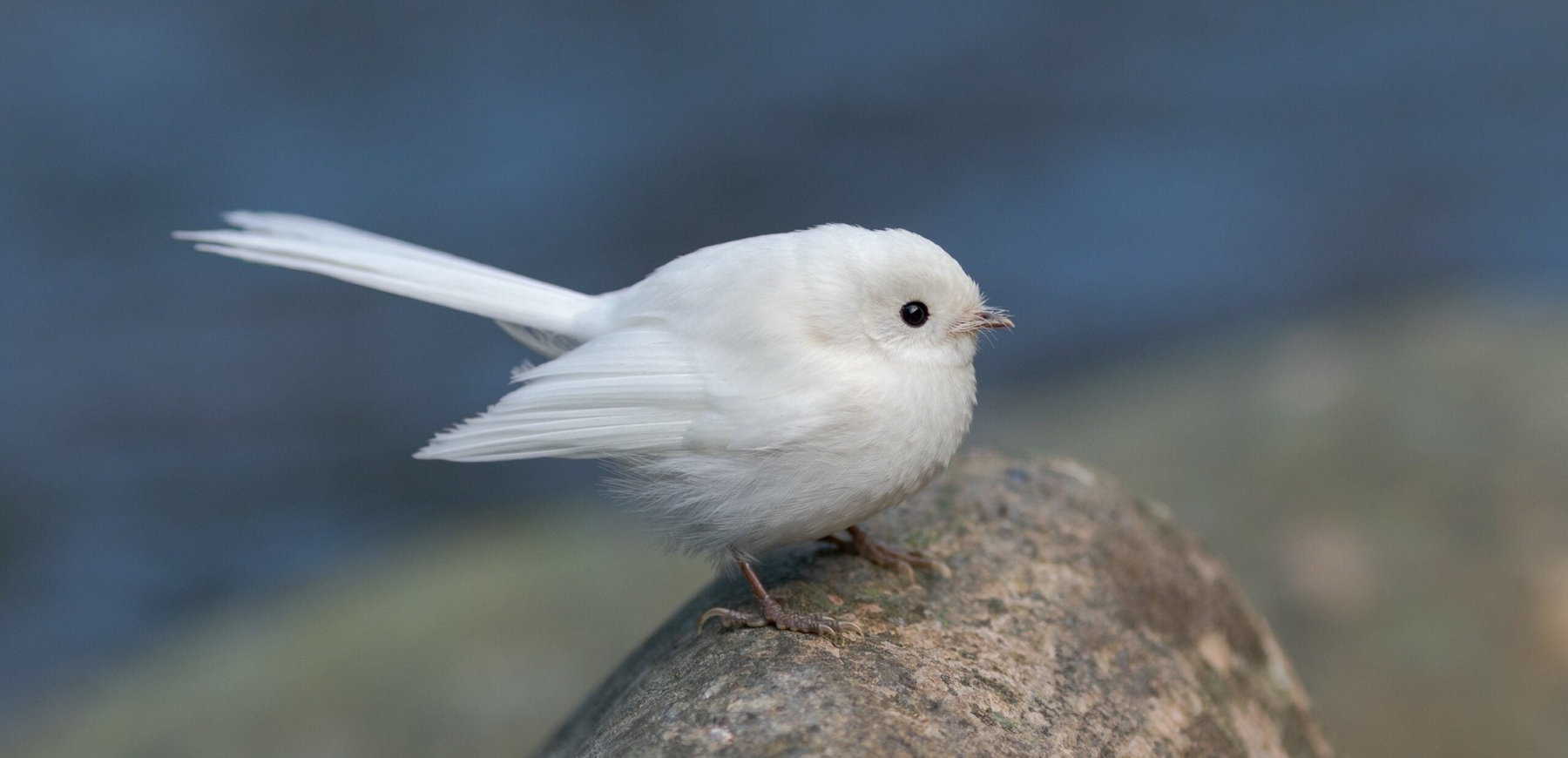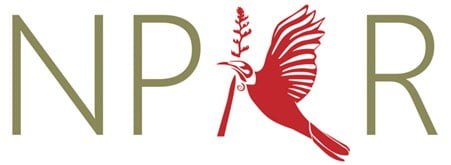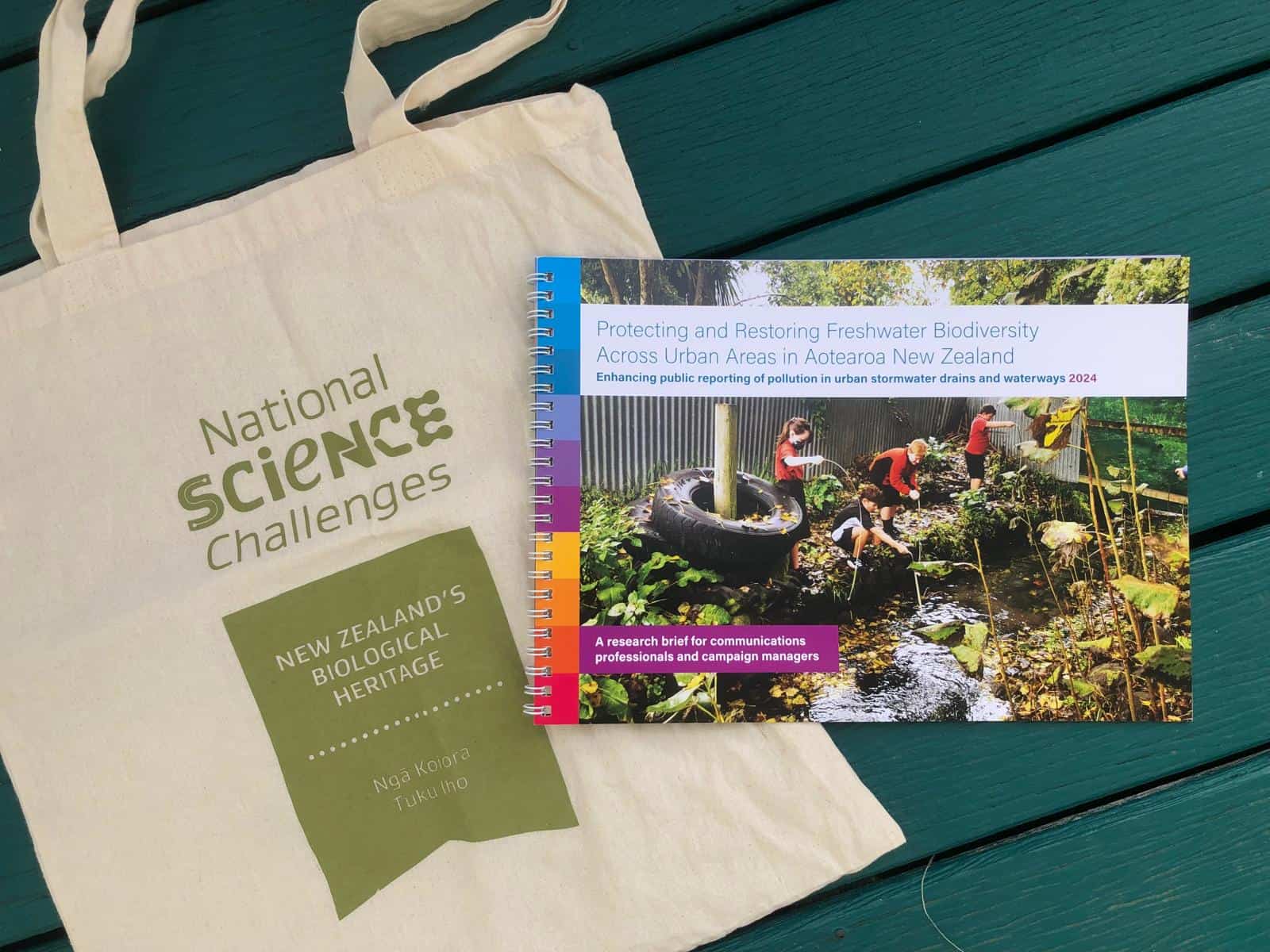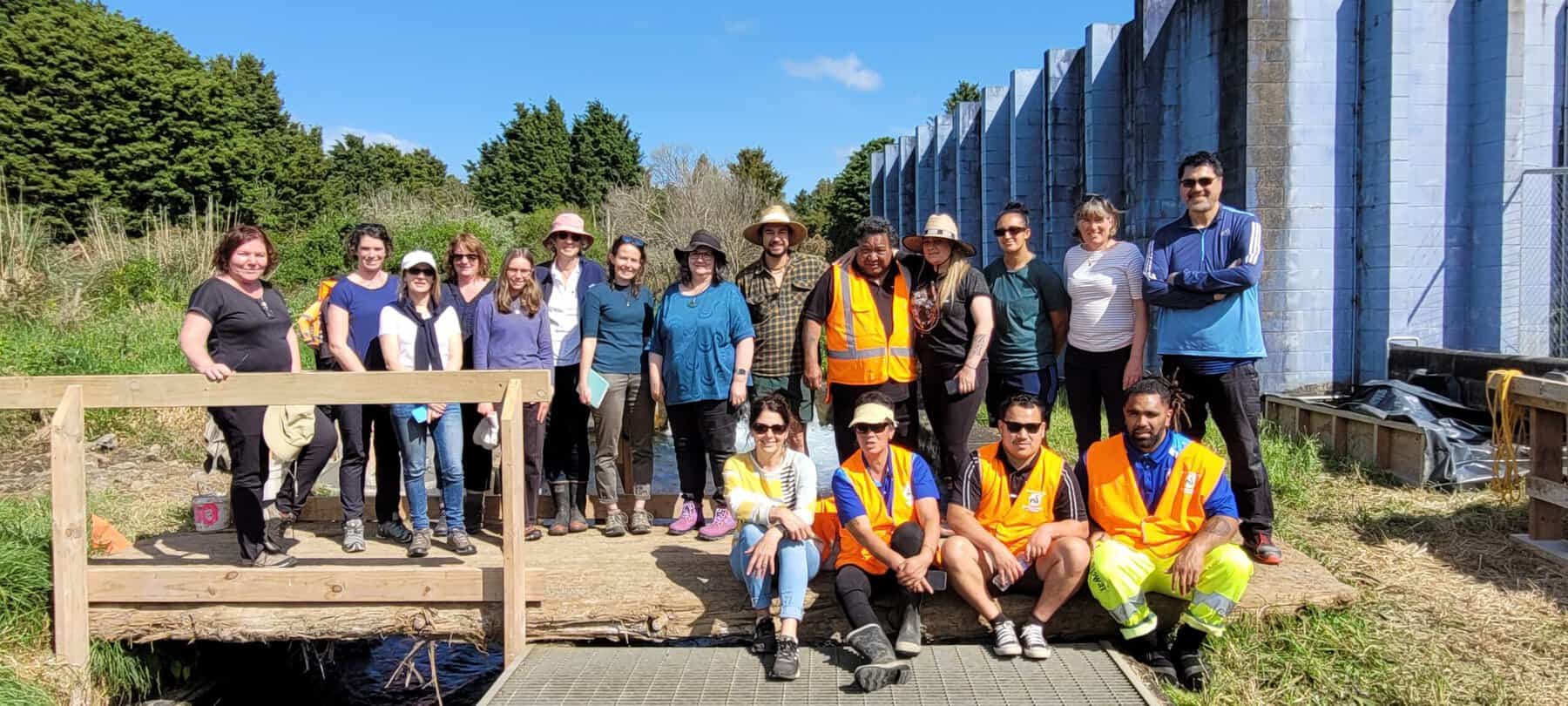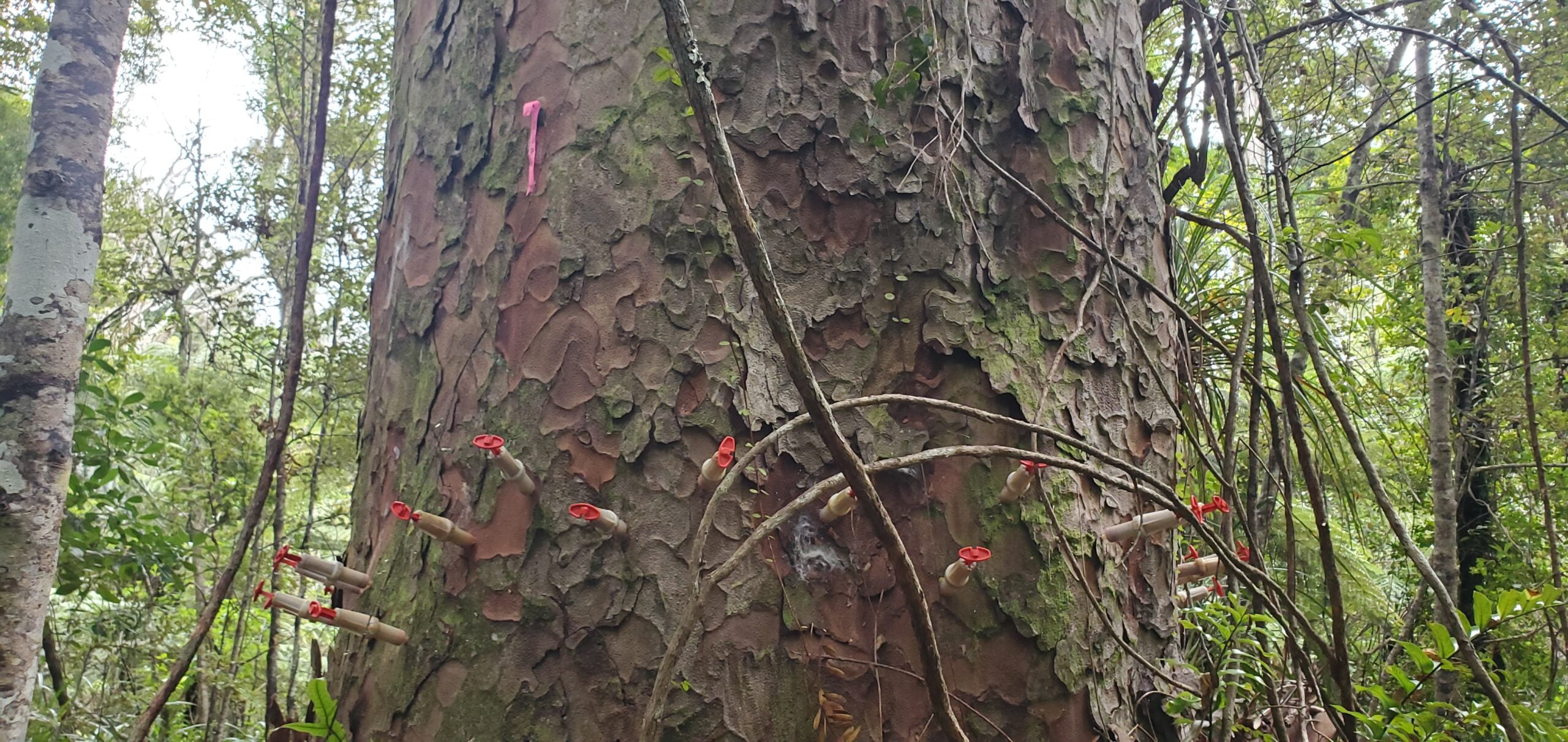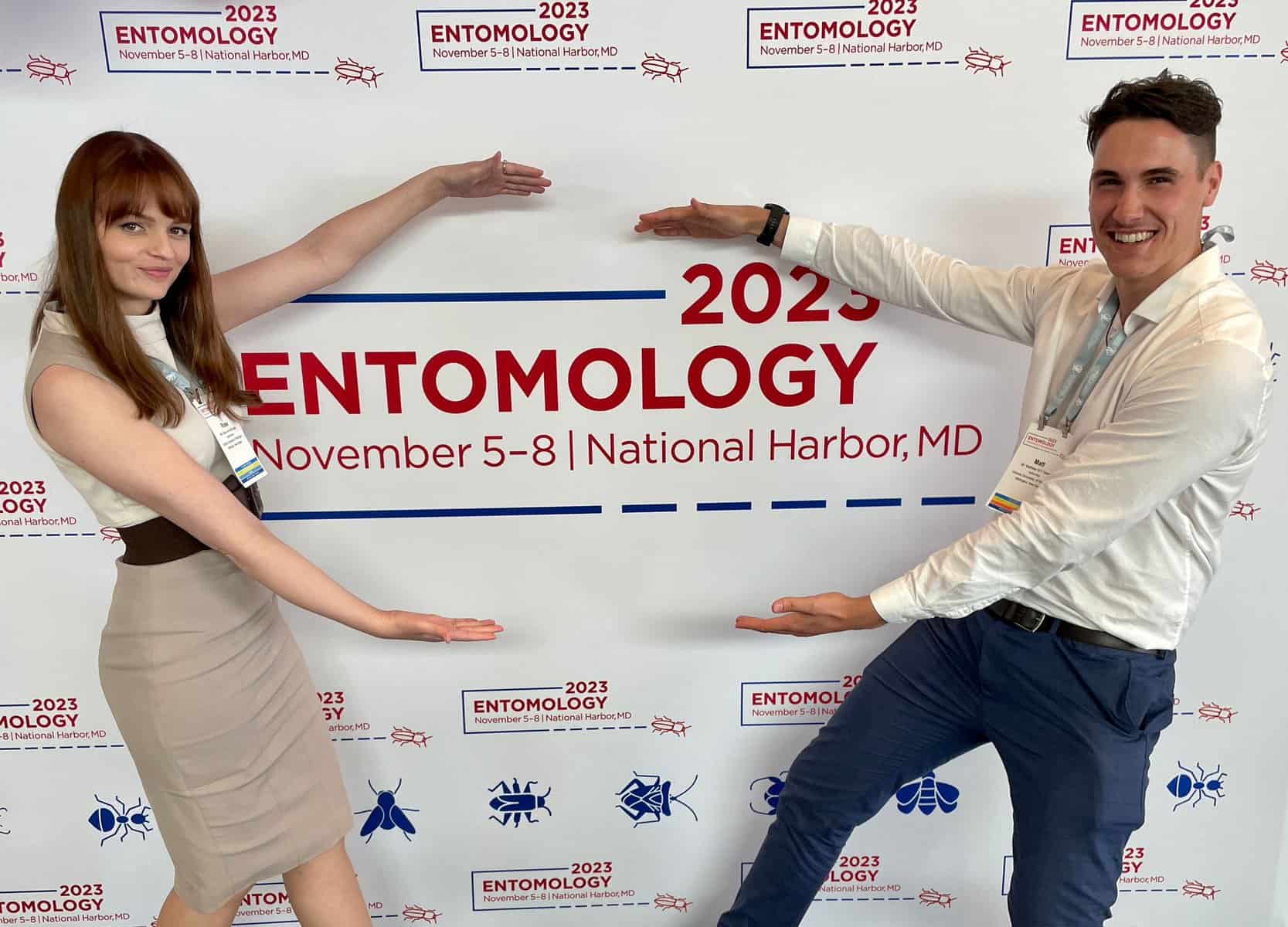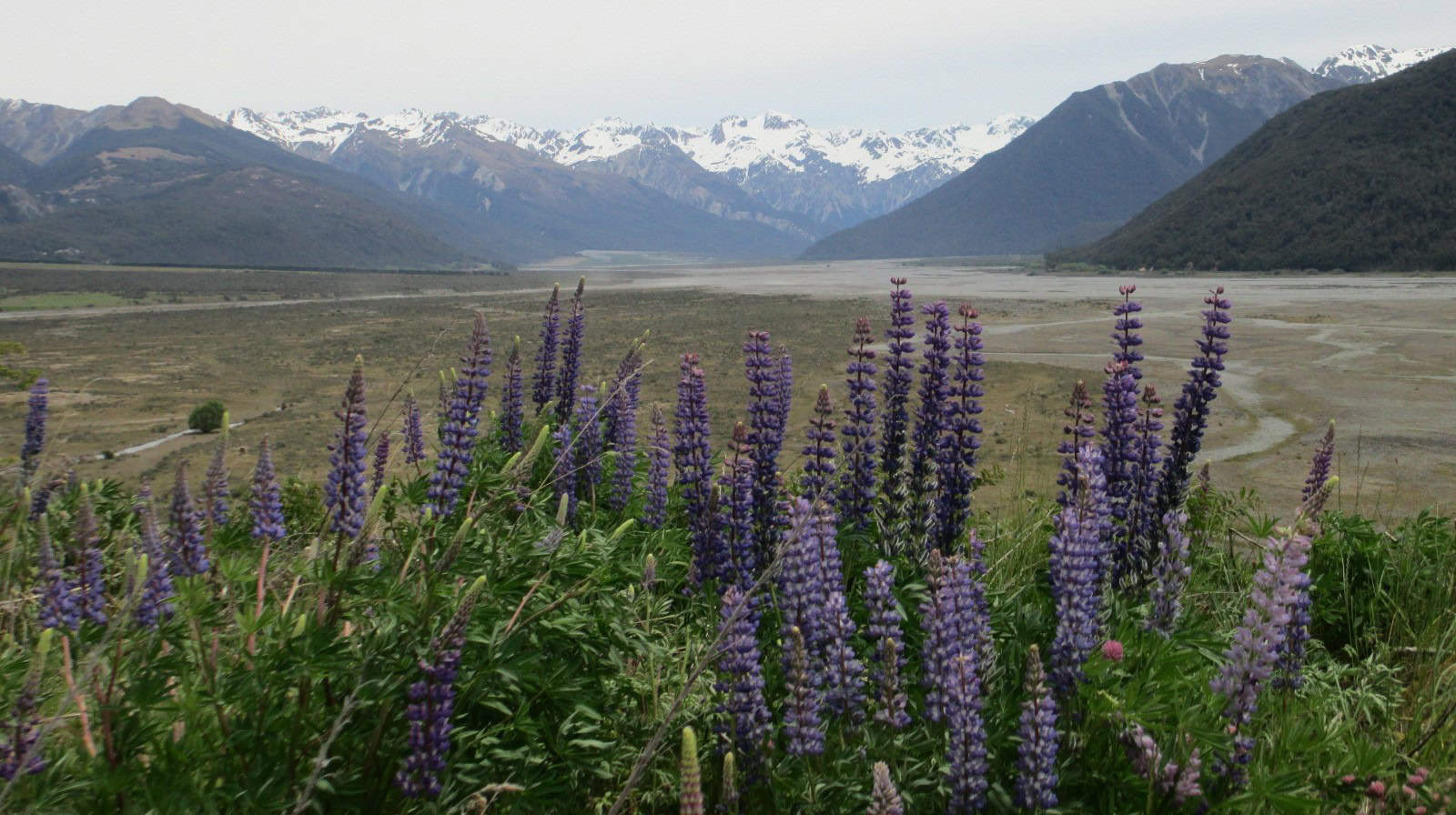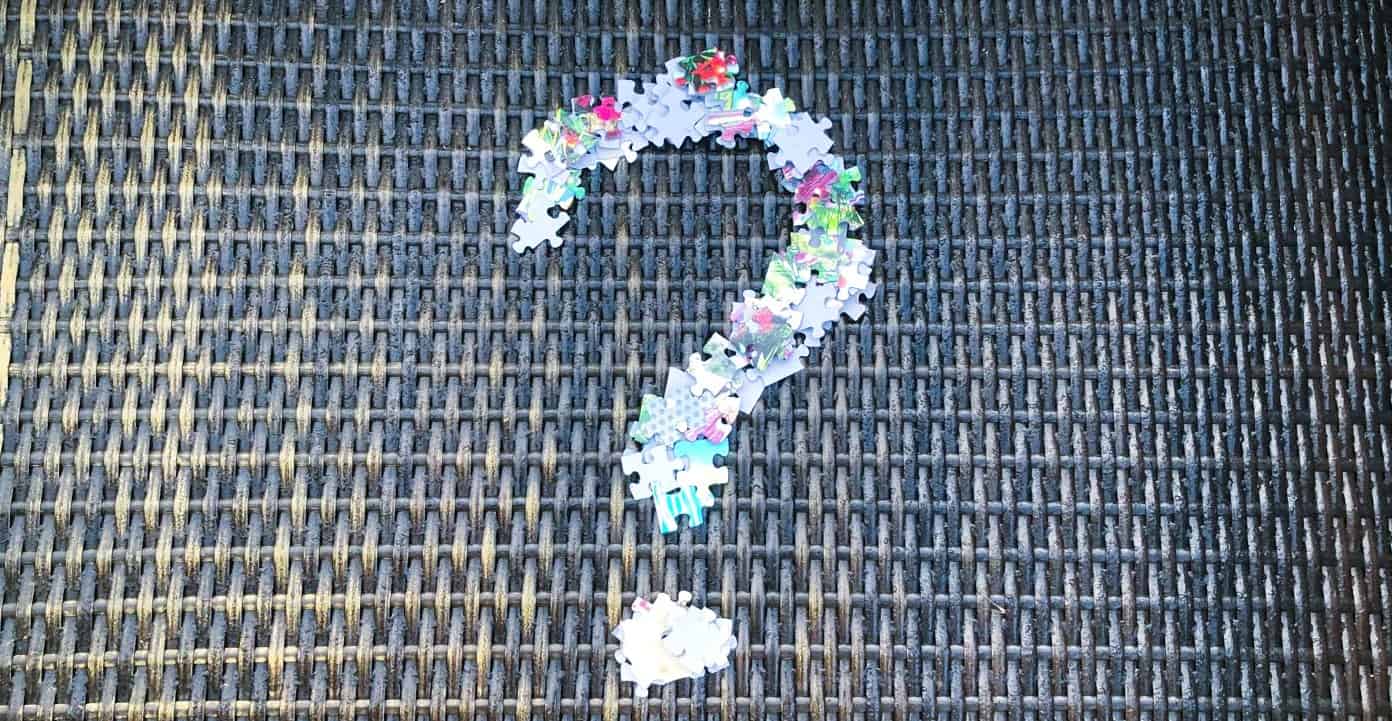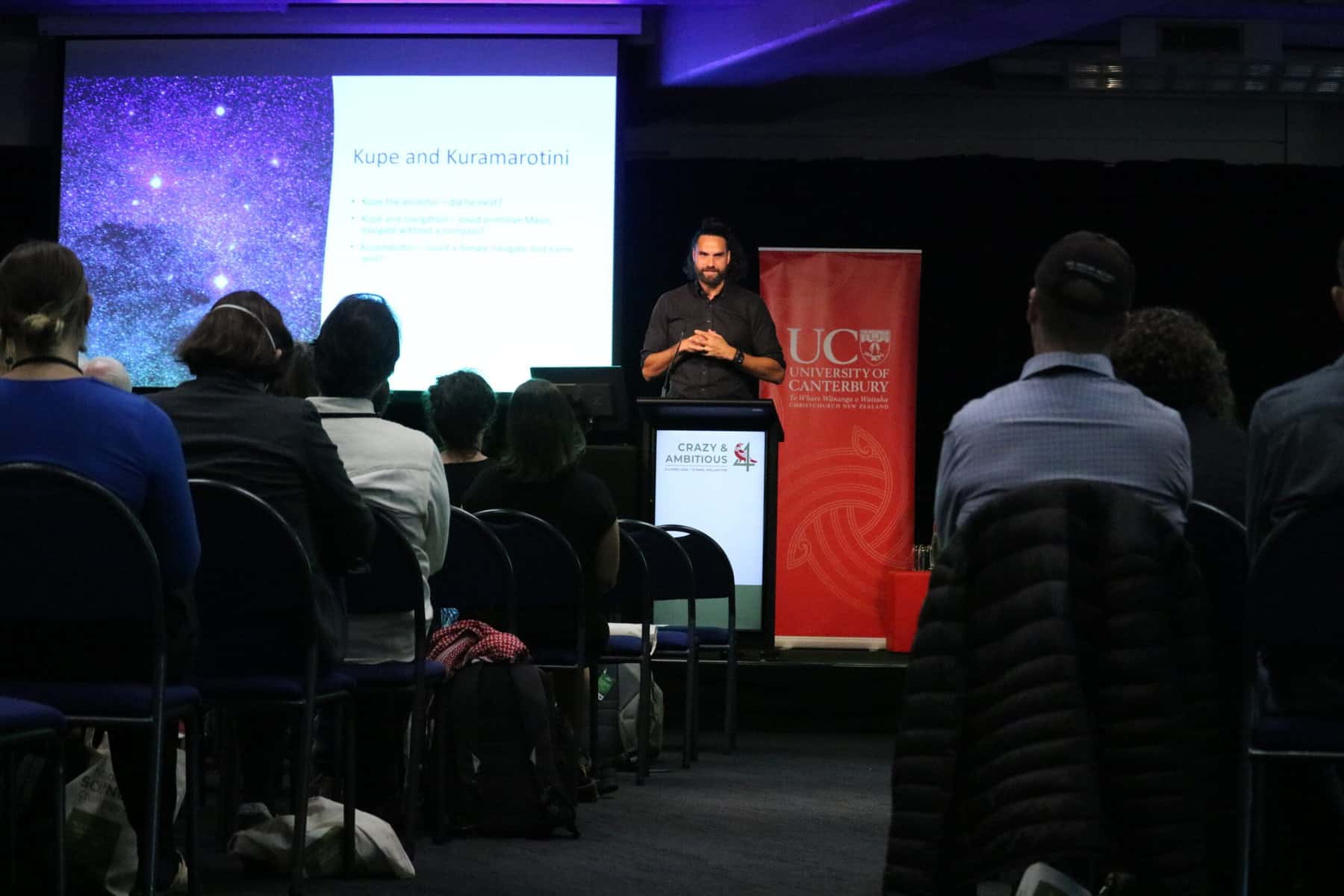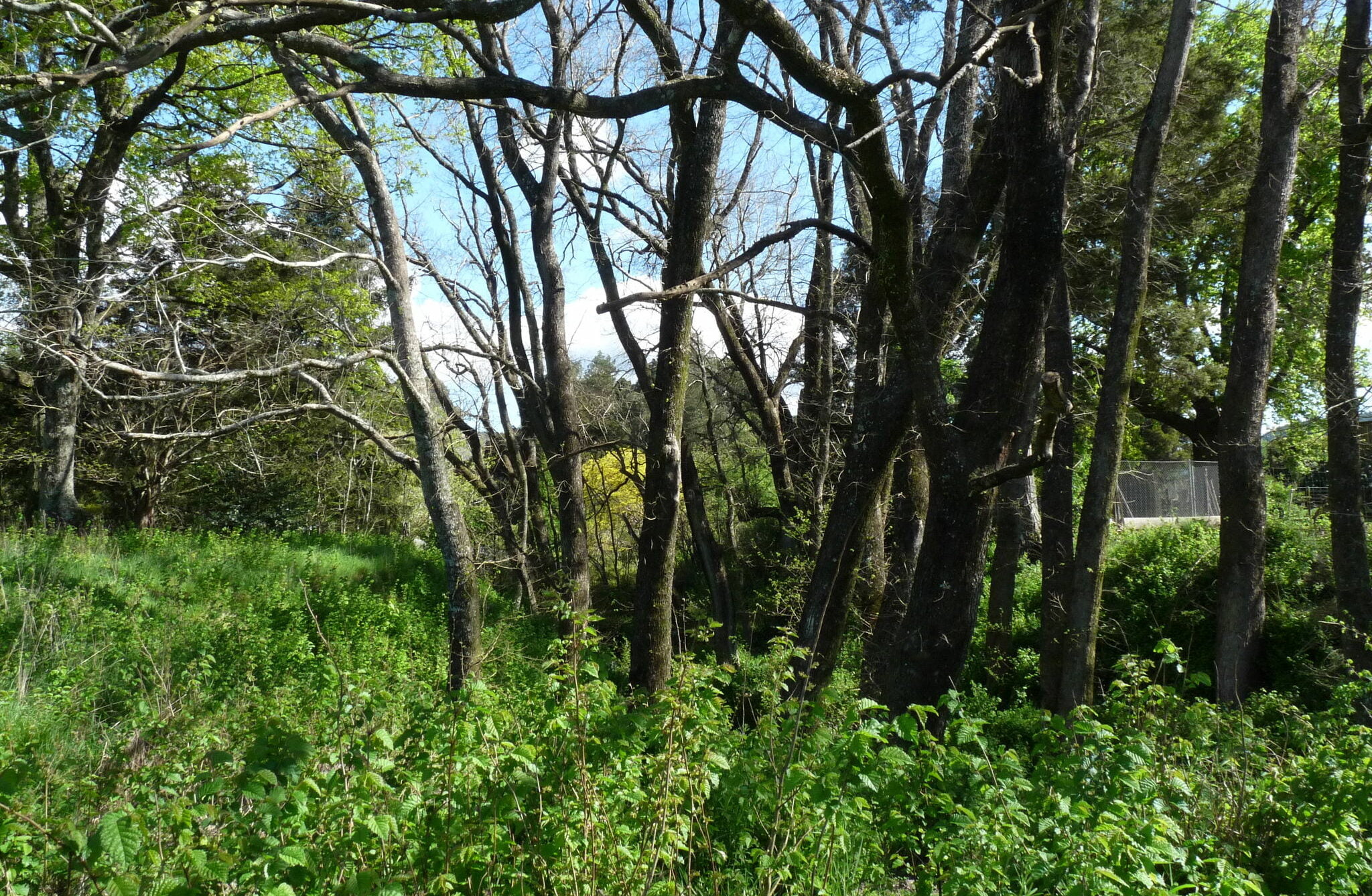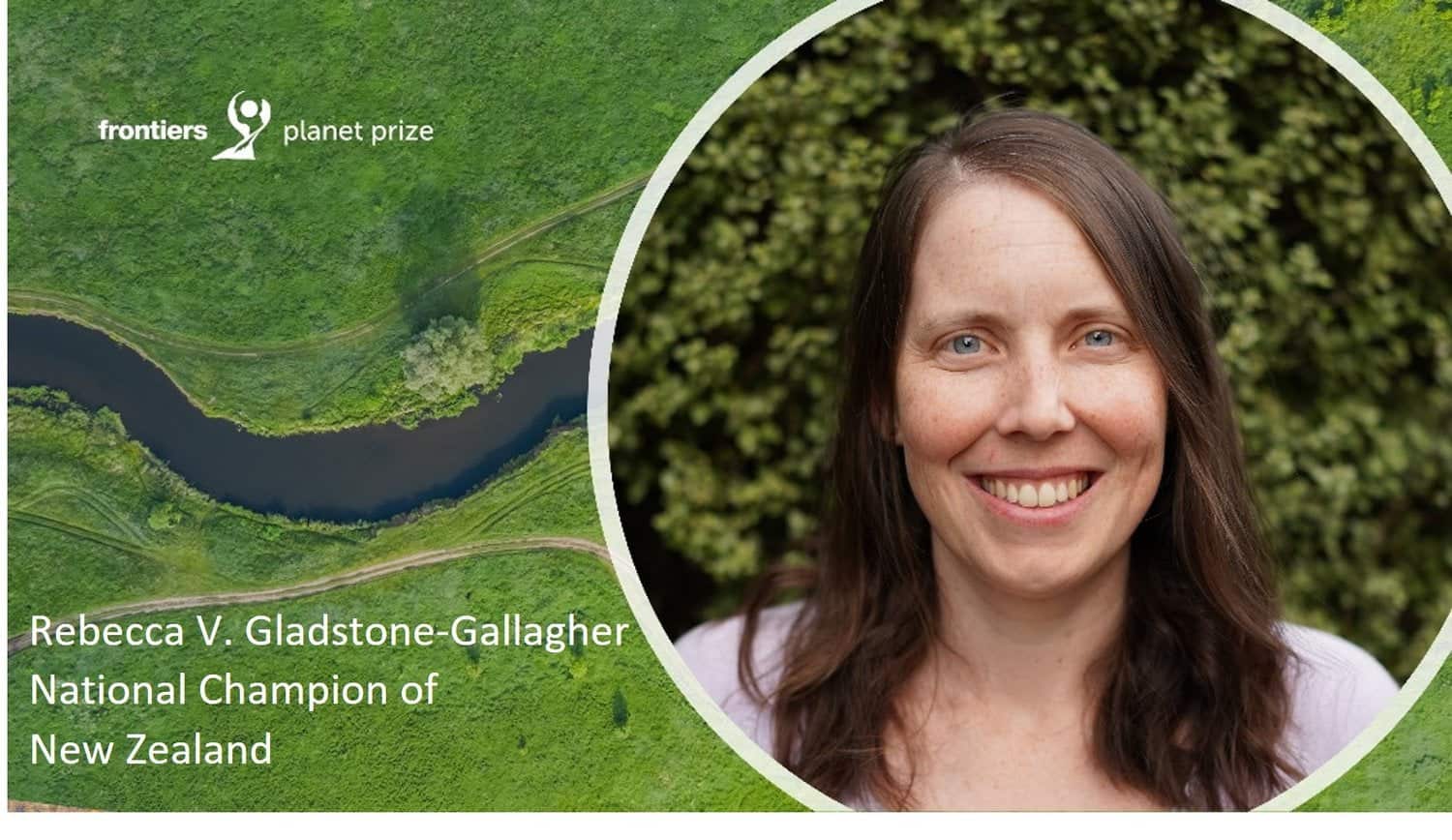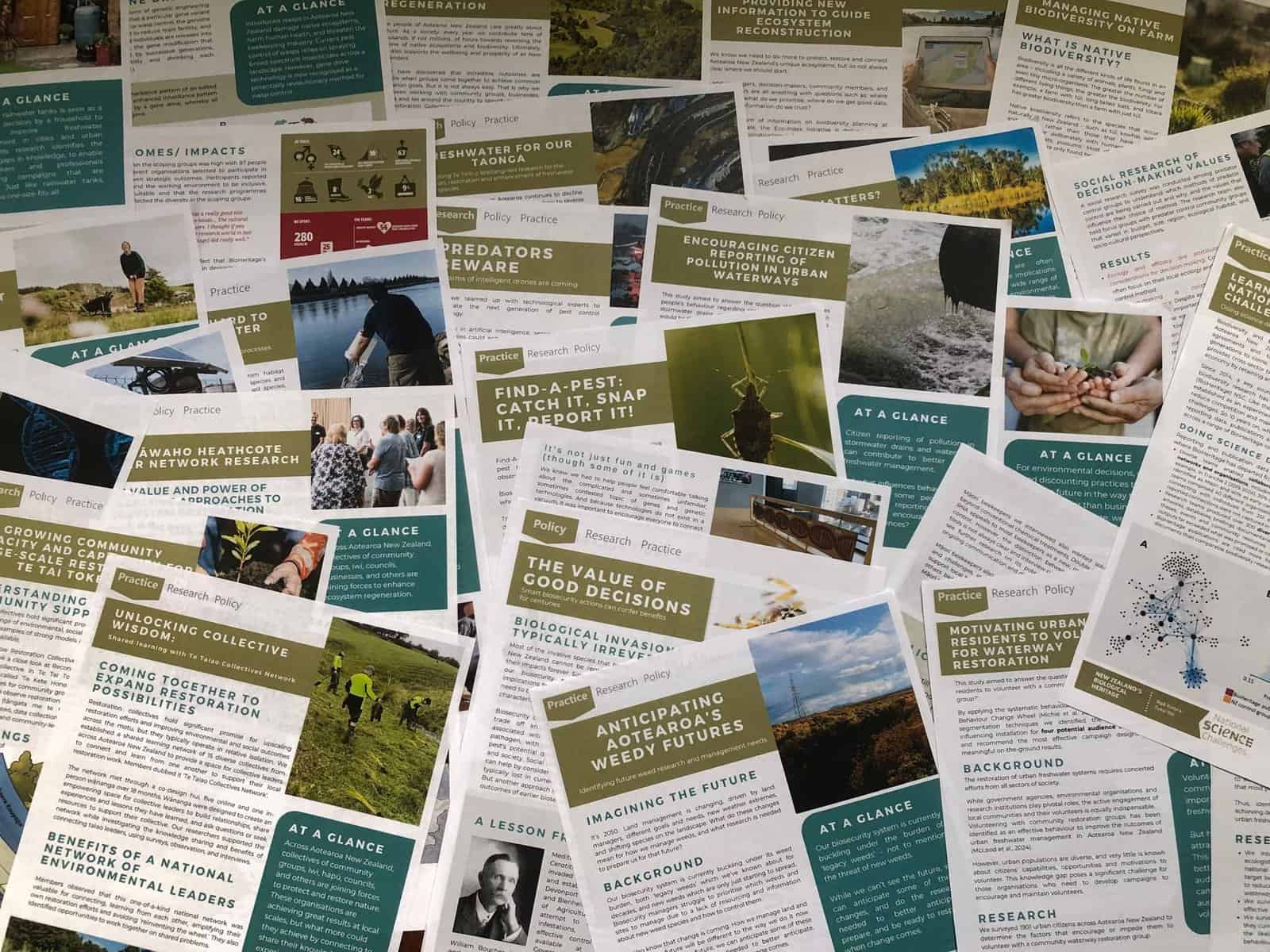Duane was born and trained in Canada, originally as a freshwater ecologist. Wanting to work more with plants, he pursued ethnobotany before becoming a plant ecologist. “Some of my work was on latitudinal tree lines and the effects of fire on vegetation,” says Duane. “I was curious about vegetation distribution and why things are in […]
Doing science differently: Lessons learned from BioHeritage
BioHeritage, like the other National Science Challenges, started out as an experiment in mission-led research. As with any good experiment, a key step is to reflect on the process and outcomes, so that any lessons learned can be carried into the future. In 2022, a project idea to ‘science the science’ was spun out of […]
Ngā Pī Ka Rere: Early Careers who are #OpenToWork
Here are some details on a few of our rising stars, and the types of opportunities they are seeking and where they are hoping to work: Ally Palmer, social scientist (Auckland) Ally is a social scientist who studies conservation and human-animal relationships. Most recently, she’s been looking at social challenges for PF2050. She specialises in […]
Did someone say market research campaign guides?
The SO2: Empowering Kaitiakitanga & Environmental Stewardship team have been working to give government agencies, environmental organisations, and community groups new information for designing interventions to encourage high-impact behaviours that will benefit urban freshwater systems in some way. The team’s recent publication, which we spoke to researcher Lynette McLeod about back in February, provides a rank list […]
May 2024 newsletter
Toitū te Ngahere: Biosecurity is for everyone
Toitū te Ngahere: Art in Schools for Forest Health (TTN) was part of the research theme Mobilising for Action within Ngā Rākau Taketake. TTN was responding to the explicit call in the biosecurity space for “everybody” in Aotearoa to be involved in biosecurity. The team recognised the lack of opportunity for children and young people […]
Kauri Rescue continues their work
Kauri Rescue is a community activation that formed around a successful funding bid in 2016 during Tranche 1 of the BioHeritage National Science Challenge. Tiaki mō Kauri: Community Control of Kauri Dieback, which became Kauri Rescue, was started to treat diseased kauri on private land. Kauri Rescue was able to continue beyond the end of […]
Ngā Pī Ka Rere spotlight: PhD candidate champions RNAi research in Washington
Looking to deliver a gripping presentation at your next conference? Te Herenga Waka PhD candidate Rose McGruddy is happy to share her prize-winning approach . . . “I try to make my presentations as easy to digest as possible,” says Rose. “I avoid jargon. I use a lot of pictures. I keep in mind that […]
Learning from restoration collectives
Social scientist Kiely McFarlane (Cawthron Institute) has a background in environmental geography and governance. Understanding and supporting community groups has been central to Kiely’s involvement with the Challenge. During Tranche 1, Kiely, along with Kiri Joy Wallace, Joanne Clapcott and Danielle Shanahan, interviewed 27 restoration collectives around the country to understand what types of organisations […]
A clearer outlook on the future of plant invasions
Back in December 2022, we spoke with Jennifer Bufford about the two-phase horizon scan to identify future needs in weed research. The first phase, which is now complete, involved identifying a range of possible futures (or “scenarios”) for New Zealand. These scenarios are presented more fully in this newsletter article from 2023 and are discussed in a […]
BioHeritage may be ending, but our website and data repository will live on
Complete/incomplete work Much of the work funded and supported by BioHeritage is now complete. However, there are still some students who will continue to be funded through to the end of the year and many publications have been prepared and submitted that will only be published in the months to come. Any outputs that are […]
April 2024 newsletter
Ngā Pī Ka Rere Spotlight: Lisa Lu applied computer science toward biosecurity objectives
Lisa is a computer scientist originally from Shanghai, China. “Computer science gives me a sense of achievement,” says Lisa. “Even though it can be quite challenging and I may spend hours trying to debug, once a programme is working, I just feel satisfied.” Lisa started her computer science studies in China before moving to New […]
Crazy & Ambitious 4 – The Finale, but not the end
Crazy & Ambitious 4, our final conference, began with what felt like a collective sigh of relief. After much preparation and anticipation, here we were, ready to share, learn, and celebrate. During the mihi whakatau, we were reminded by our host that “Anyone who has had a glass of water in the last couple days, […]
BioHeritage involved in award-winning research on preventing ecosystem collapse
Jason Tylianakis (co-lead of the Crazy & Ambitious ThinkTank and lead of Tranche 1 Predicting and Preventing Ecosystem Decline) and Helen Warburton (co-lead for Freshwater for our Taonga and Ngā Pī Ka Rere) are two of the co-authors on the winning paper, which connects key actions across research, policy and management of environmental issues in […]
Did someone say research briefs?
The Challenge’s research is structured into three impact areas. Whakamana – Empower seeks to help New Zealanders protect our precious environment; Tiaki – Protect contributes to a world-class biosecurity system; and Whakahou – Restore works to provide avenues for creating a resilient, thriving environment. Spanning the impact areas is the Pou – Supporting Architecture, housing […]
